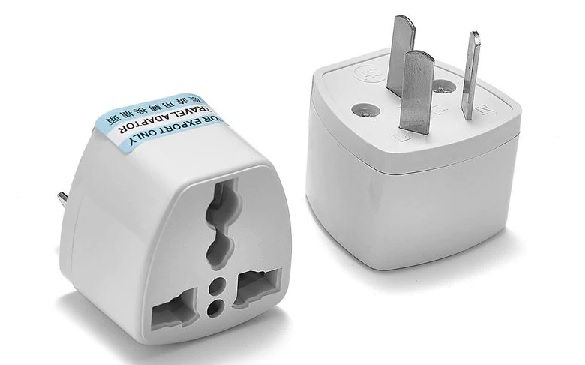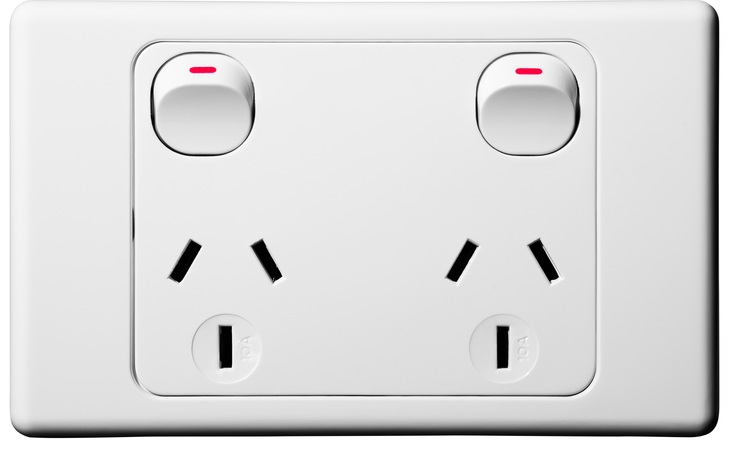Please note – this is a checklist for the time when borders open and students can return to grad school.
It’s time. You’re all set to start your global ed journey. A new, exciting world awaits.
Understandably, there’s a lot on your mind, and the last thing you want is to forget something important. So, we’ve got this handy and very useful checklist – so you can focus on saying your byes and meeting friends and family – while checking off this list.
There are sets of documents that you would need to once you arrive at Australia. Some of the documents will be required to be produced to the immigration official at the immigration desk. It is advisable that your original documents be carried in your carry-on luggage while photocopies in your check-in luggage.
- Valid passport
- Offer of Admission letter from the Australian institution
- Confirmation of Enrolment (CoE) from the Australian institution
- Accommodation details upon arrival
- Proof of payments, i.e. receipts of tuition fee payment, health cover etc.
- Academic documents including attested marksheets
- Original work experience letters
- Medical insurance details
- Medical records and/or prescriptions, if any
- Ten passport size photographs
- Credit card and money
- International drivers licence or driver’s licence of respective home country (if you have one)
Now that we’ve got the documents sorted, let’s get back to the basics, i.e. your packing. What should go into your bag and what should not?
- First things first – the Australian government has restricted certain foods and products that are a risk to Australia’s bio-security (even medication – herbal or otherwise). Anything edible needs to be declared – fresh and homemade food is not allowed (anything that can sprout is also prohibited – like beans and whole pulses and lentils). The list is long – so please check the following links to see what you can take and what you cannot. It’s best to check here before packing jars of pickles and eatables that mom made for you!
Now for the rest
- Warm and cold clothing – Australia (mostly) has both warm and cool climate (they are in the Southern Hemisphere – so they have summers from about November to February – but check the weather before you go.
- Proper footwear – Flip flops, closed shoes – both formal and informal.
- Traditional wear – for multicultural festivals within the university or outside (avoid carrying valuable jewellery).
- Travel adapters to use your electrical appliances as the electrical plug or socket in Australia may be different from that of India. The voltage in Australia is 230Volts/AC 50 Hertz, equals to that of India.
You’ll need adapters that look like this (to fit into their wall sockets).


- Usually 25 kgs in allowed for check-in baggage and 7 kgs for cabin-baggage. However, check with your airline for the right information. Some useful things like utensils, beddings etc can be bought from Australia to avoid extra luggage. Items you can include can be – stationary, bed sheets, pillow cases, towels, blankets, alarm clock etc.
- Lock and label your luggage with your name, contact address and institution address. If possible, don’t get a generic black suitcase that can get mixed up with others. Also, remember to never put anything that you cannot afford to lose in your check-in baggage.
Students are not advised to bring large amounts of cash with them when they arrive.
- For the initial days, carry AUD 1,000 in cash which can be used in unexpected expenses as well
- Traveller’s cheques (in your name) and demand drafts are the other ways to carry your money
- Until you open your Australian bank account, get a prepaid Foreign Exchange card to use as a debit or ATM card.
You’d probably already have done this. Usually students arrange for a short-term accommodation till the time they find a permanent or long-term accommodation. Your university will be able to help you in this Few accommodation options include:
- Choosing university provided accommodation that is on-campus
- Choosing to live with family/relative approved by the Department of Immigration and Citizenship (DIAC)
- Choosing homestay approved/nominated by the university
- Choosing to live off-campus in rented apartments
Before you are ready to depart to Australia, you need to do a final checklist apart from the ones we have discussed.
Here are few check boxes you can tick. Have you?
- Received/applied for student visa
- Got your dental & optical check-ups done – (this is important as the OSHC does not cover dental and optical services and it’s very, very expensive if you have to pay for it)
- Got all your vaccinations (if any required)
- Attended a pre-departure briefing
- Checked with the university if free-airport pick up is provided or transport is arranged?
- Familiarised yourself with the academic culture and lifestyle of Australia?
- Familiarised with the Quarantine rule of the country upon arrival?
Got a sense of the Australian accent (so that you do not blank-out in a conversation)
Here are few pointers that you need to remember for when you arrive in Australia.
- Declare all (food or other) items on the Incoming Passenger Card which will be given to you on the aeroplane which will then pass through the Red Channel to verify the items you have declared
- If you are carrying AUD 10,000 or more (or the equivalent in foreign currency), you must declare it on the Incoming Passenger Card.
- Declare drugs/medicines if you have a pre-existing condition and is under medication; get a written letter from your prescribed doctor explaining the same (Find out more about the medicine permits here)
- Import of goods worth more than AUD 900 (AUD 450 if you’re under 18) will be taxable while goods worth AUD 900 owned and used by you within 12 months is permissible. Make sure you have your receipts with you for such items.
- Get phone cards upon arrival to make the ISD and STD phone calls which will be available in most shops in Australia
- Upon arrival, you will be picked up by a representative of the institution
- Once you arrive at the university, ensure to collect your Overseas Student Health Cover (OSHC) receipt so that you can collect your card from the local health cover office.
- Ensure that you attend the orientation-program in your university
- Do not forget to adjust your watch to the equivalent time zone of the city you are traveling to
It’s an exhaustive departure checklist – but every point made above is relevant, so do go through this well to ensure that you are fully prepared for your journey. You need to stay safe, that’s the first priority.
It’s almost time. Steel yourself for the farewells and look ahead to the world that awaits. Your global ed journey has begun – Australia, here you come!
Also find out, why study in Australia.
Getting Started
To move forward with us, download our app or visit tcglobal.com and sign in to create an account on our student platform! 🚀
Once you’re logged in, onboard with us by providing some initial information! ✅
Our expert counselors will reach out to guide you through your application process. 🤙🏻🥳
Let’s shape your future together. 🌍😊
Want to Study in Australia?
Speak to our expert counselors at The Chopras – TC Global and receive personalized guidance to navigate your university applications in Australia.
👉 Book a free consultation
✨ Your future. Your experience.
Kickstart your study journey in Australia with The Chopras’ expert counselors, specializing in international admissions and student visa processes.









![Best Universities in New Zealand for International Students [2025 Rankings]](https://tcglobal.com/wp-content/uploads/2025/09/Best-Universities-in-New-Zealand-for-International-Students-2025-Rankings-600x338.png)